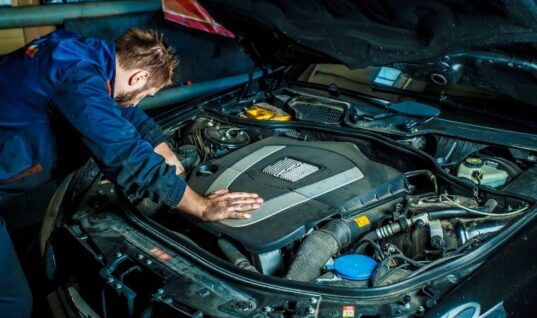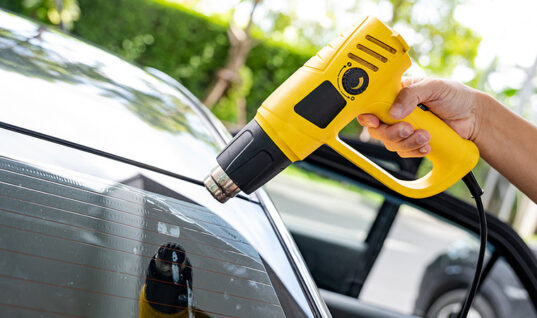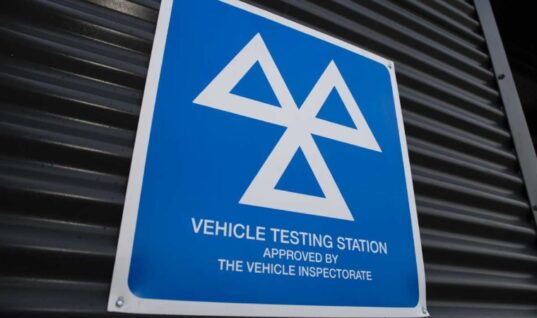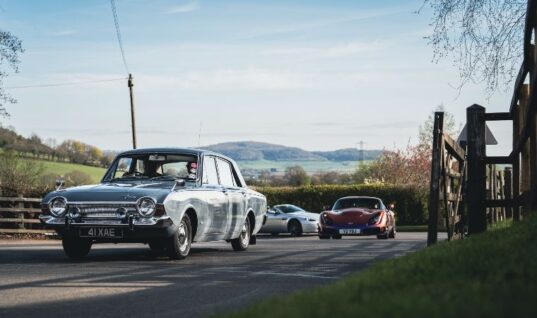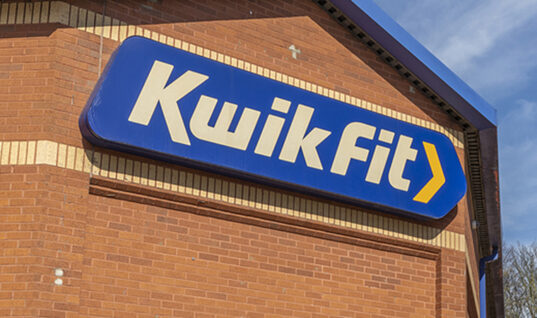HELLA has welcomed the focus on the issue of headlight glare after the RAC’s research of 2,000 UK drivers found that 85 percent believe that headlamp glare is ‘getting worse’ on our roads.
OEM headlamp manufacturer HELLA suggests the high light outputs of modern units mean problems of headlamp alignment now have a much more significant impact on other drivers.
Dave Clark, lighting product and brand manager at HELLA, said: “There’s a widely held perception that many lights are just ‘too bright’.
“However, it’s important to remember that there’s a balance to strike between maximising illumination, which improves road safety, but without dazzling other drivers which is dangerous.”
HELLA believes several factors are involved in driver perceptions of ‘glare’ and ‘dazzle’ worsening on UK roads.
Dave added: “Firstly, lights are positioned higher on many cars now. There are more small SUV and crossover type vehicles but lights have been moved higher up on many cars anyway to make them less vulnerable to damage in front-end impact accidents.”
A second factor is changing light technology. The brighter white or blue light from xenon bulbs can cause more discomfort than the yellower light from traditional halogen bulbs. While with LED headlights, the beam itself will be much more intense and focused, causing the human eye to react differently.
“There’s a huge amount of technology involved in trying to get high light levels in the right places to help drivers,” said Dave. “LED lights will illuminate a much wider area, particularly on full beam setting because the light output is greater.”
Modern HELLA headlamps are specifically designed to create asymmetrical light distribution. This ensures the driver’s own lane and the kerbside get fully illuminated, without dazzling oncoming traffic.
The DVSA is aware of the problem and changed the way headlamp aim was measured within the MOT test back in 2016, to ensure ‘correct alignment’ and avoid excess light in the dazzle zone.
In 2022, ‘lamps, reflectors and electrical equipment’ overtook ‘suspension’ to become the most common cause of MOT failure, with a 20.3 percent failure rate. Within this overall category, ‘headlamp aim’ was the single biggest cause with a failure rate of 4.0 percent.
“Headlamp beams travel a long way and need to be precisely set,” said Dave. “Even small variances will lead to dazzle and these can be caused by other factors like suspension, vehicle load and even tyre pressures, meaning good general vehicle maintenance is important.”
HELLA suggests replacing bulbs in pairs and always using OE or matching-quality parts from well recognised brands to ensure like-for-like performance.
Click here for more information on the latest lighting technology.


